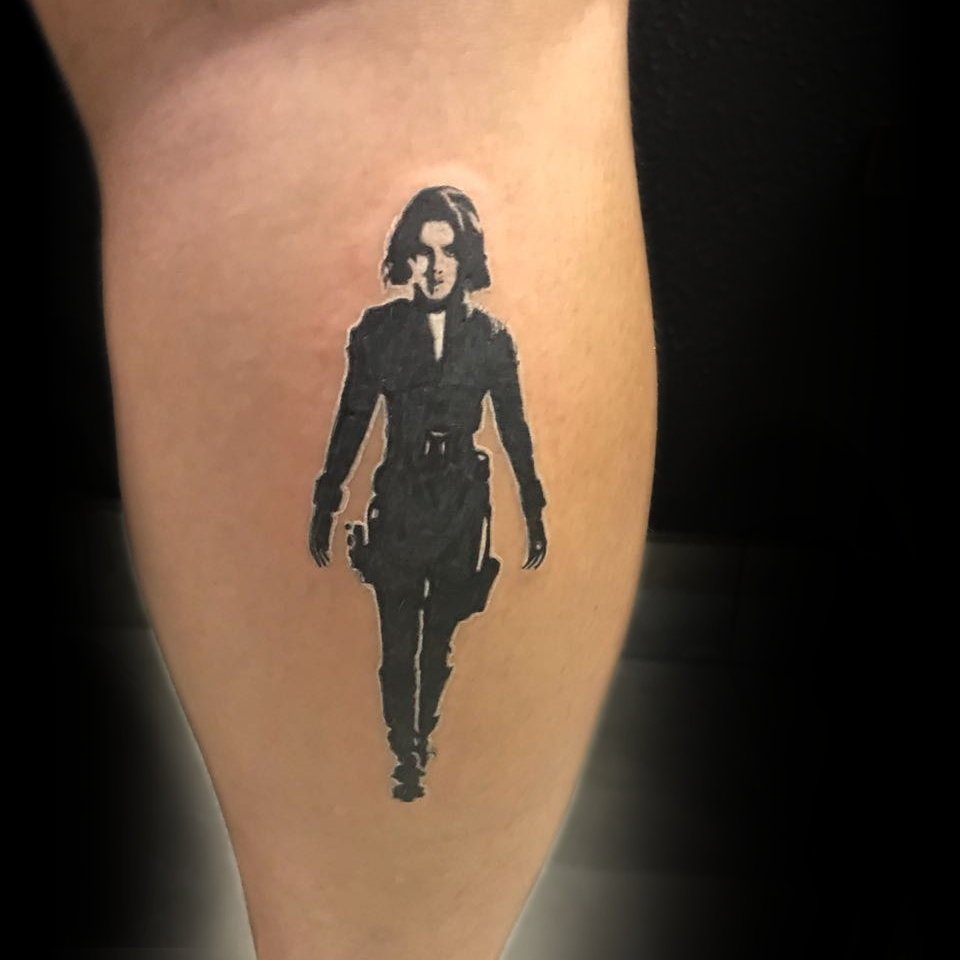In the thrilling world of cinema, one character stands out as a symbol of strength, intelligence, and resilience – the enigmatic Black Widow. Introduced to audiences in the Marvel Cinematic Universe (MCU), Natasha Romanoff, portrayed by the talented Scarlett Johansson, brought this iconic character to life in a way that left an indelible mark on the hearts of fans.
Natasha Romanoff, also known as Black Widow, made her debut in the MCU in the movie “Iron Man 2.” From the moment she graced the screen, it was evident that she was no ordinary femme fatale. Behind her alluring facade lay a woman of incredible skill and a complex past that shaped her into the formidable spy and Avenger she became.
Throughout the MCU films, Black Widow’s character evolved, revealing layers of depth and vulnerability beneath her stoic exterior. As a former Russian operative, her experiences haunted her, driving her to seek redemption and find a sense of purpose beyond the shadowy world of espionage. Scarlett Johansson’s portrayal brilliantly captured the dichotomy of Natasha – a deadly assassin with a conscience, a fighter with a heart, and a spy with loyalty.
One of Black Widow’s defining traits is her fierce determination. She fearlessly takes on challenges and confronts her past, never allowing it to define her future. Her combat skills are unparalleled, and she fearlessly faces the most formidable foes, proving that she can hold her own among superpowered beings without any enhancements of her own.
Yet, amidst the high-octane action and breathtaking stunts, Black Widow’s most powerful moments often stem from her emotional strength and empathy. She forms deep connections with her fellow Avengers, particularly with characters like Hawkeye and Captain America, becoming a trusted friend and confidant.
In the 2021 film “Black Widow,” audiences finally got a glimpse into Natasha Romanoff’s past, exploring her roots and the secret history of the infamous Red Room program. The film delved into the complexities of her character, giving audiences a deeper understanding of the choices she made and the sacrifices she endured to become the hero she is.
Black Widow’s presence in the MCU was not only groundbreaking for female representation in superhero movies but also for the exploration of deeper themes. Her story tackled issues of identity, redemption, and the consequences of one’s past actions. Through Natasha’s journey, the films explored the power of found family, resilience in the face of trauma, and the capacity for growth and change.
As her story came to an emotional conclusion in “Avengers: Endgame,” Black Widow’s impact on the MCU and its fans was evident. Her legacy lives on in the hearts of viewers and within the Marvel universe, as her actions and influence continue to shape the destiny of the Avengers.
Beyond the realm of the MCU, Black Widow’s significance extends to the broader cultural landscape. She became a symbol of female empowerment, proving that women could be more than just supporting characters in male-dominated genres. Her character resonated with audiences worldwide, inspiring countless individuals to embrace their strengths and fight for what they believe in.
In the tapestry of cinematic history, Black Widow’s character will forever remain a beacon of courage and resilience, standing tall among the pantheon of unforgettable heroes. Scarlett Johansson’s portrayal of Natasha Romanoff ensured that Black Widow’s legacy would transcend the screen, becoming a symbol of hope, strength, and determination for generations to come.
